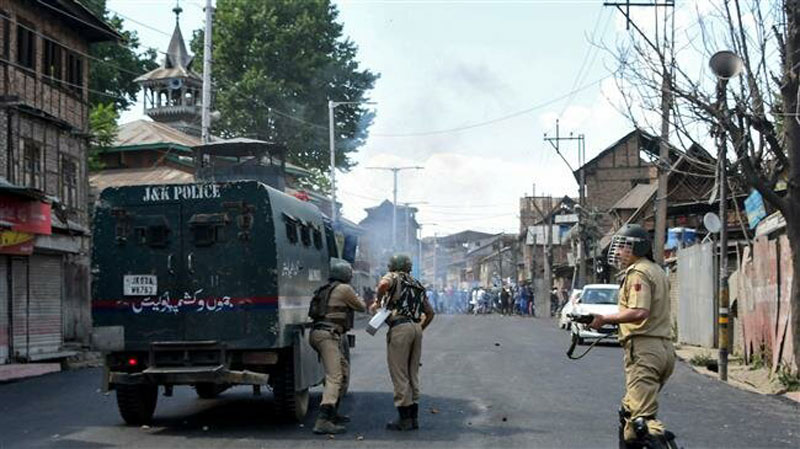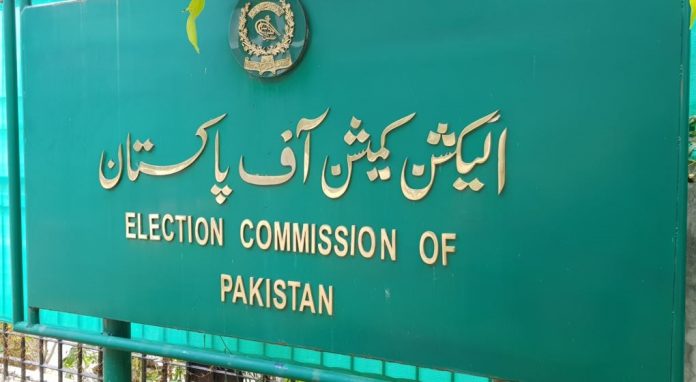
“Arbitrary detentions during search operations by Indian troops are leading to a range of human rights violations,” the second report of the Office of the High Commissioner for Human Rights (OHCHR) on Jammu and Kashmir said. “Despite the high numbers of civilians killed in the vicinity of gun battles between security forces and militants, there is no information about any new investigation into excessive use of force leading to casualties,” it added. The report was also critical of special legal regimes used by India in Kashmir, saying accountability for violations committed by troops remains virtually non-existent. The report says that in nearly three decades that emergency laws have been in force in Jammu and Kashmir, there has not been a single prosecution of armed forces personnel granted by the central government in a civilian court.
It called for the repeal of special powers protecting troops from prosecution.
The United Nations also flagged a spike in hate crimes against Kashmiris in the rest of India following the February attacks, calling on India to do more to prevent the violence.
The report has once again recognised the human rights violations in Indian-held Kashmir (IHK). It has also documented in detail the excessive use of force by the Indian occupation forces, the continued use of pellet guns to kill and maim defenseless civilians, the extrajudicial killings in the garb of so-called cordon-and-search operations, use of various forms of arbitrary arrests and detentions to target protestors and political dissidents, the impunity from accountability enjoyed by the Indian occupation forces under the draconian Armed Forces Special Powers Act (AFSPA) and Public Safety Act (PSA), the use of torture, lack of credible investigation into human rights violations perpetrated by the Indian occupation forces, restrictions on expression and movement of independent journalists to prevent the voices of Kashmiris reaching the international community and targeting of Kashmiri Muslims outside the occupied valley.
Pakistan welcomed the report which calls for fully respecting the right to self-determination of the people of the occupied valley as protected under the international law. “We again welcome the OHCHR’s recommendation for the establishment of a Commission of Inquiry (COI) to investigate the gross and systematic human rights violations in Indian-held Jammu and Kashmir,” the Foreign Office said in a statement.
“While we appreciate the report’s efforts to document the human rights violations in Indian-held Jammu and Kashmir, we will like to reiterate that there is simply no parallel between the horrendous human rights situation in the occupied valley and the prevailing environment in Azad Jammu and Kashmir and Gilgit-Baltistan,” the Foreign office cautioned. “Unlike IHK, which is the most militarised zone in the world, AJK and Gilgit-Baltistan remain open to foreign visitors,” it added.
Like the first report, the OHCHR’s second report also called for respect of the right to self-determination of the people of Jammu and Kashmir as protected under the international law. “The only solution to the Jammu and Kashmir dispute is to grant the people of Indian-held Jammu and Kashmir the legitimate right to self-determination as recognised by the numerous United Nations Security Council resolutions, which is essential for the security and stability of South Asia and beyond,” the Foreign Office stressed.











